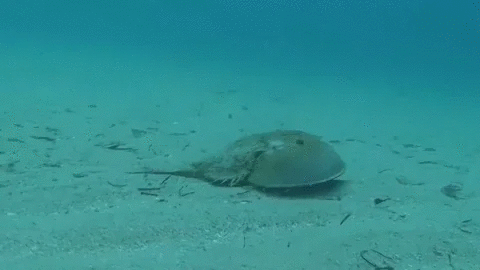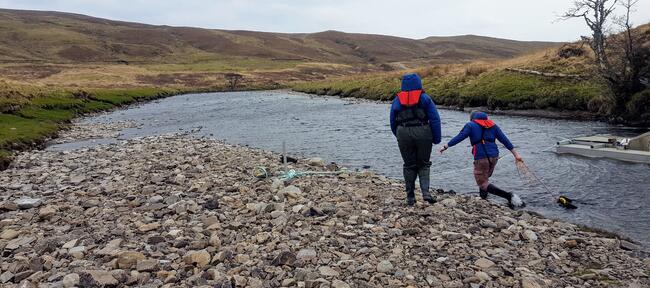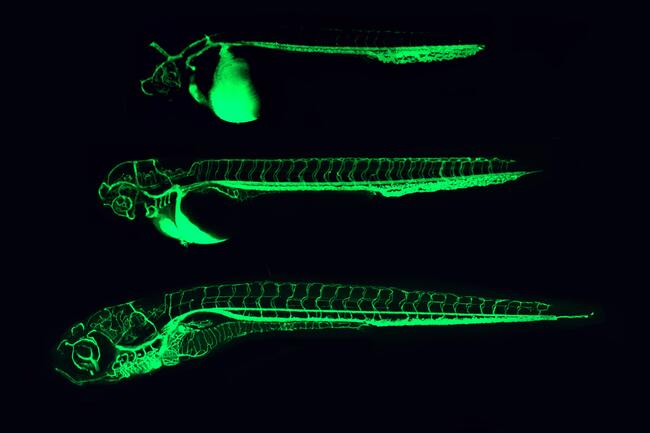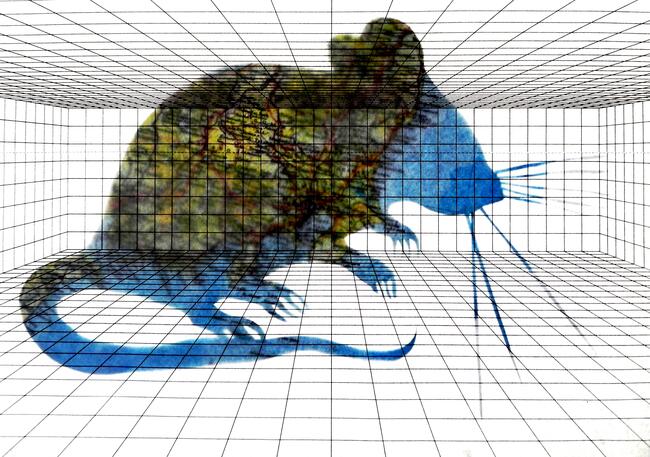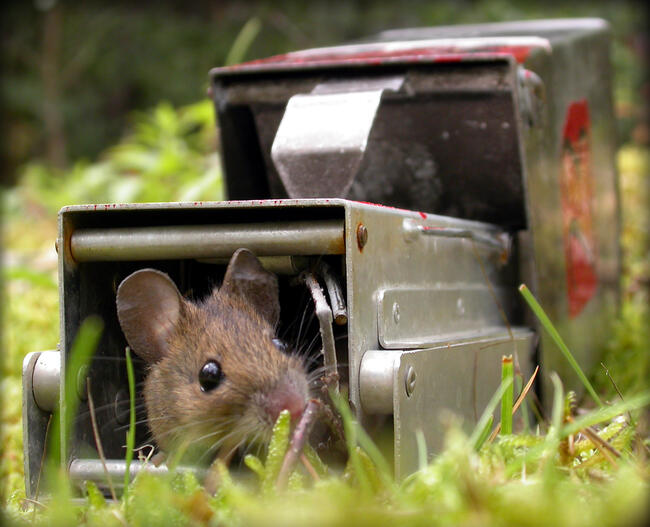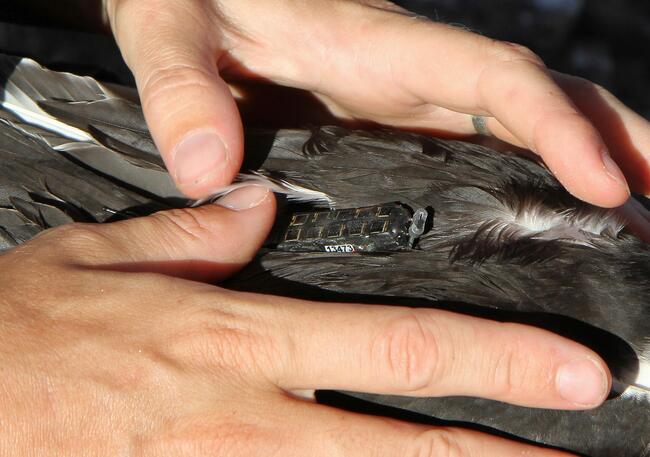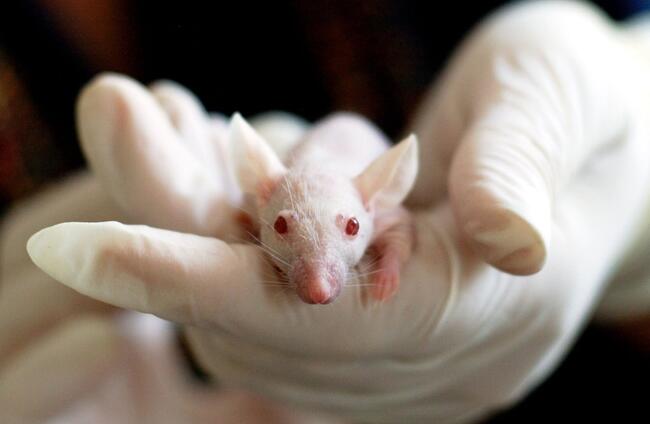Regulation
Relevant, tagged site content:
Publications
This paper explores what happens to care, and decisions about ending and extending life, when research animals become pets and pets become research animals. To do this, we draw on in- depth qualitative research on (i) rehoming of laboratory animals, (ii) veterinary clinical research, and (iii) the role of the Named Veterinary Surgeon (NVS) in UK animal research. Key contributions of our work include highlighting: how care roles can be split; the impor- tance of considering speculative and in-practice elements of care; the context-dependency and multiplicity of practices of killing in the veterinary clinic and laboratory; and the flexibility and changing nature of animal categories.
The increasingly global scope of biomedical research and testing using animals is generating disagreement over the best way to regulate laboratory animal science and care. Despite many common aims, the practices through which political and epistemic authority are allocated in the regulations around animal research varies internationally. This article proposes a framework for understanding and thinking across national differences in the regulation of animal research.
Drawing on insights from qualitative social science research, this paper aims to prompt reflection on social, ethical and regulatory challenges faced by scientists undertaking invasive animal research in the field. We explore challenges relating to the management of (i) relationships with publics and stakeholders; (ii) ethical considerations not present in the laboratory; (iii) working under an array of regulations; and (iv) relationships with regulators (especially vets). We argue that flexibility—at a personal and policy level—and respect for others’ expertise emerged as two key ways of negotiating ethical challenges, fostering positive working relationships and promoting good care for individual animals and broader ecosystems.
Endotoxins are bacterial components that can cause systemic toxicity if they enter the mammalian blood stream.
These notes summarise some key topics of conversation at the workshop 'Out of the lab, into the field: Exploring animal research at POLEs', held on the 30th Sept-1st Oct, 2019, at Keble College, Oxford. Please feel free to share these notes with your colleagues and wider networks.
This paper draws on ethnographic work with laboratory animal technologists to offer insights into the skills required to study human–animal relations and the role played by storytelling in negotiating the contested moral economies of animal research.
Vets play an important role in a wide variety of social contexts, including in ‘non-therapeutic’ roles, for example in facilitating the use of animals in sport or for food production. This paper focuses on a further non-therapeutic example, namely the role of the vet in laboratory animal research
This Nature correspondence note, written by Gail Davies, explains the principles of the UK’s Animals in Science Committee (ASC) review of the processes of harm–benefit analysis (HBA) carried out under the UK Animals (Scientific Procedures) Act 1986 (ASPA).
Blog entry
Social scientists and historians have long observed that laboratory and field research are rather different (e.g., Gieryn, 2006; Kohler, 2002).
Can animals volunteer to participate in research? If so, what does volunteering look like, and what does it mean for animal welfare?
Numbers can be a contentious issue in animal research.
"How different does a fish really feel from one day to the next?" Zebrafish larvae become protected animals at the age of 5 days post fertilisation. At 4 days, they are not. Why is this?
Events
What kinds of ethical and practical challenges do wildlife researchers face? How do these challenges compare with those faced by researchers working with laboratory animals?
Citizen science is a fundamental contributor to wildlife research in the UK but its regulation can be complex.
Announcements
This special issue aims to bring together work in the social science and humanities on the regulatory themes associated with animal research and knowledge production resulting from it, including but not limited to professionalisation, transparency
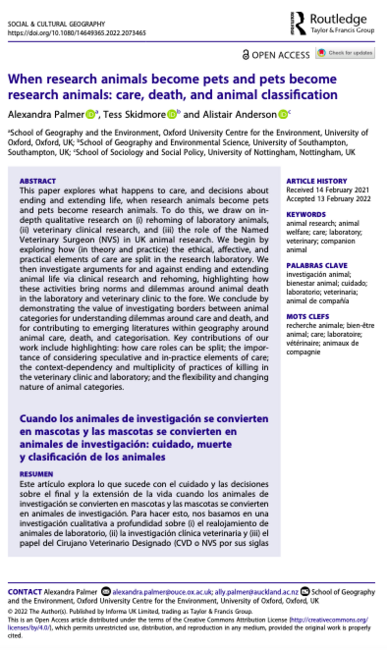
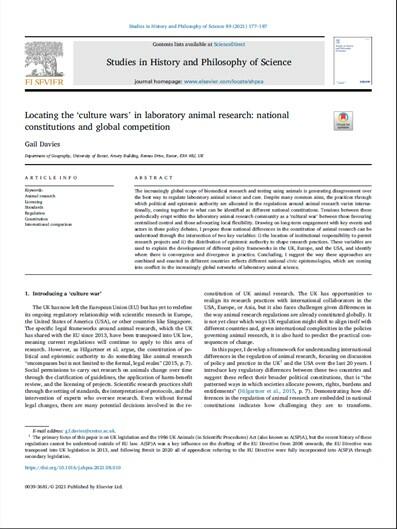
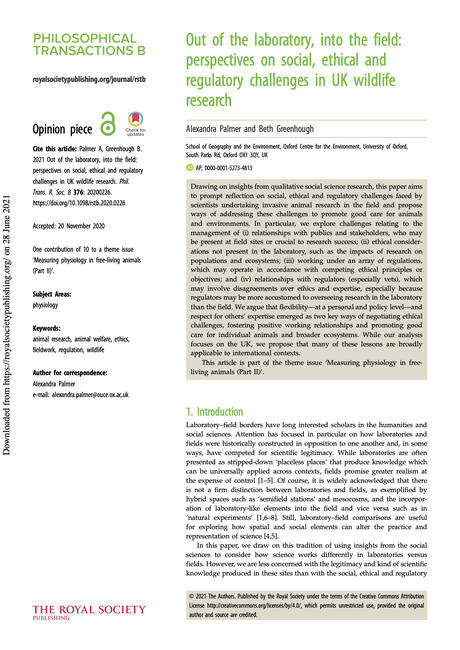
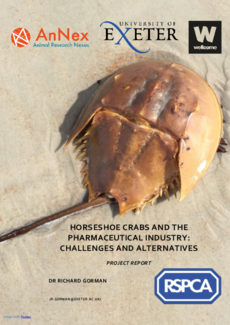
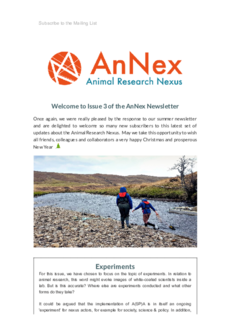
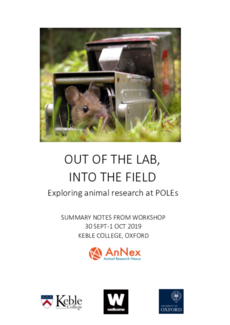
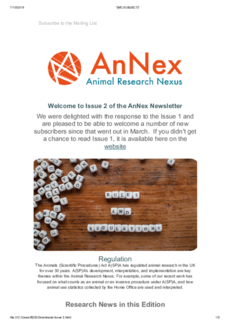
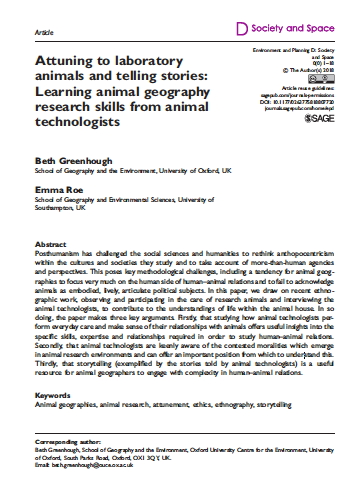
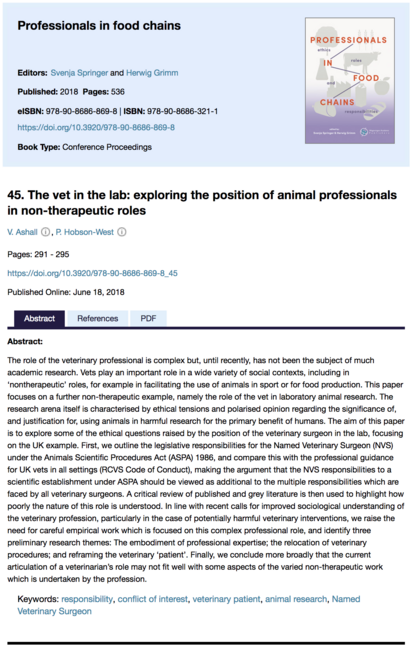

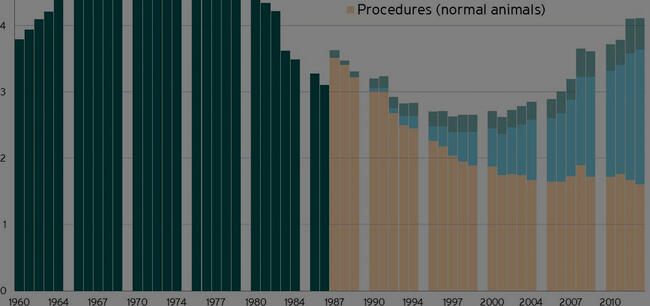
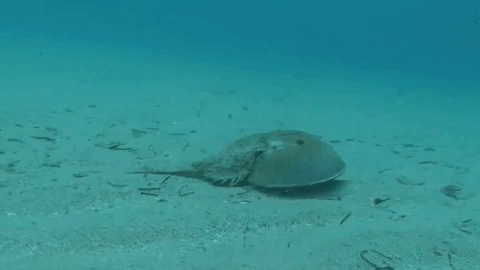
.gif%3Fitok=DjRU-WH5)
